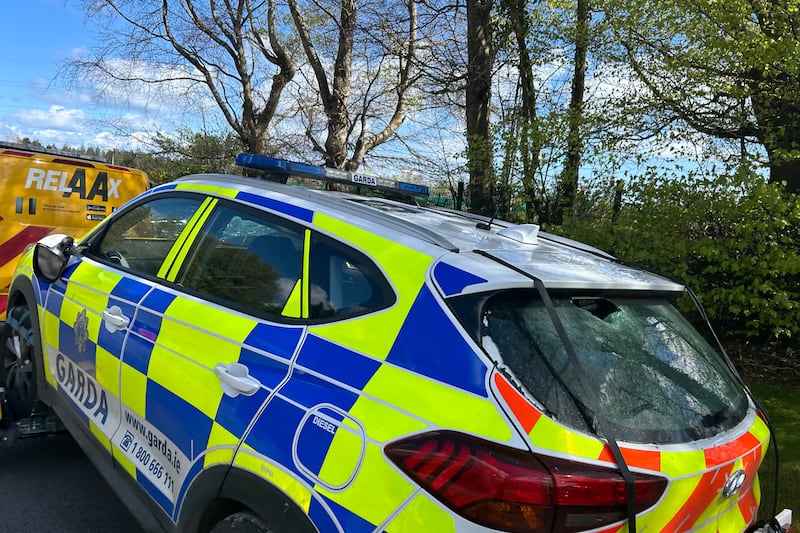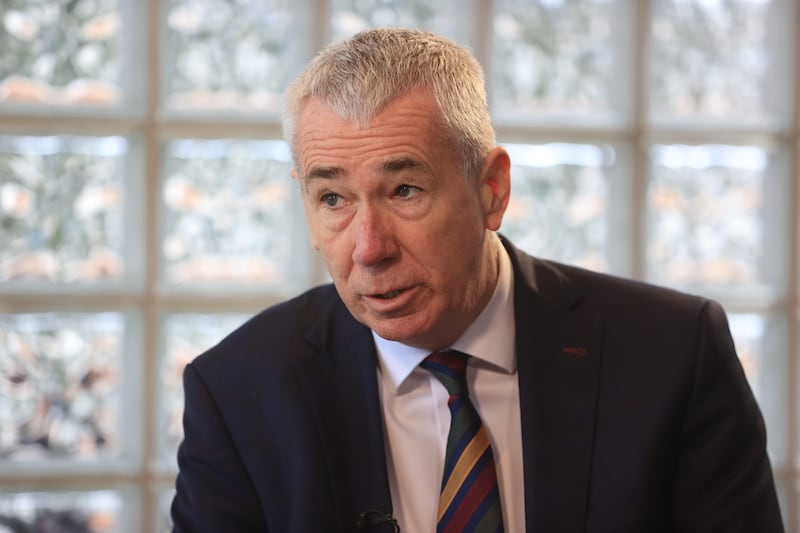IT should go without saying that high-quality transport infrastructure is essential to the efficient functioning of any modern economy and society.
This is particularly the case when it comes to links between major population centres and the opportunities that fast, reliable connections can bring.
But while the road network in Ireland has seen huge improvements in recent decades, it remains that case that railways are the poor relation.
Passengers on Enterprise services between Belfast and Dublin were left frustrated this week when a train fault sparked a day of disruption.
One told of facing a four-hour delay after an early-morning service failed a few miles after leaving Dublin, with knock-on effects on trains in and out of the city.
There were also complaints about toilets not functioning and even no hot water for tea or coffee.
Translink said it is committed to delivering a "punctual, attractive and reliable cross-border train service for Enterprise customers”.
However, while rail journeys remain longer and costlier than by road and reliability is an issue there will never be a significant change from the car-dependent culture that pervades both parts of the island.
A vital first step will be the introduction of hourly services between Belfast and Dublin, something operators have said they hoped to phase in as early as this year.
In the longer-term, a cross-border rail review has been examining how to improve links across the island, with the goal of fostering greater and better balanced economic development as well as addressing the climate emergency.
A map of current rail routes in Ireland shows a glaring gap in the north west, with no trains at all operating in the triangle between Portadown, Derry and Sligo.
Irish transport minister Eamon Ryan recently raised the possibility of resurrecting the old 'Derry Road', by extending the line from Portadown through Dungannon, Omagh and Strabane and on to Derry and Donegal.
In a week which highlighted the lack of progress on the A5 road, the high cost, as well as the lack of a Stormont government, are obvious barriers.
However, the benefits to the economy and relationships across the island would be potentially transformative.
If we are serious about improving the lives and livelihoods of our citizens, particularly in light of the opportunities opened up by the Northern Ireland Protocol, then improved rail links must be at the centre of our plans for a more prosperous, connected and sustainable future.







